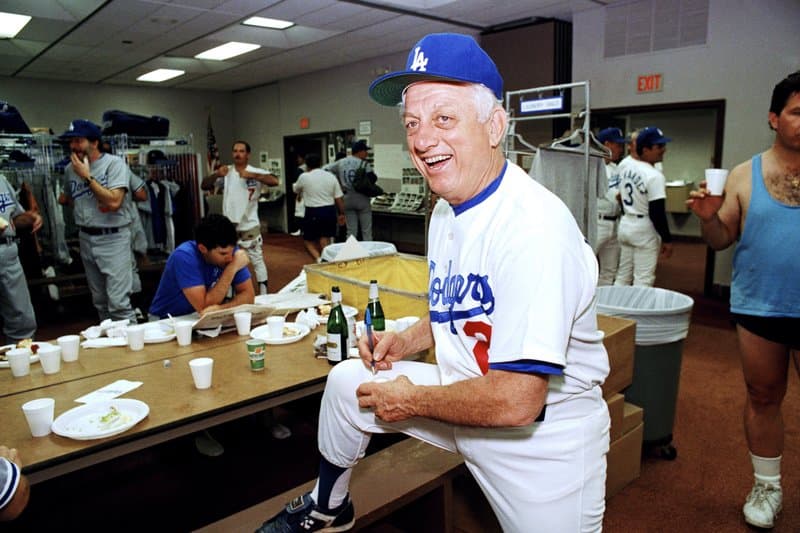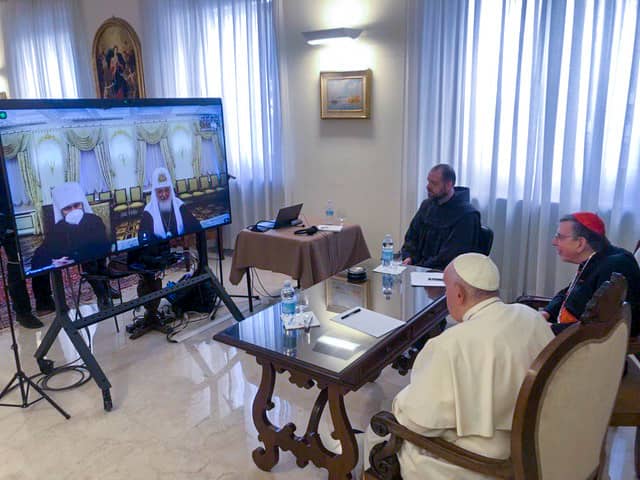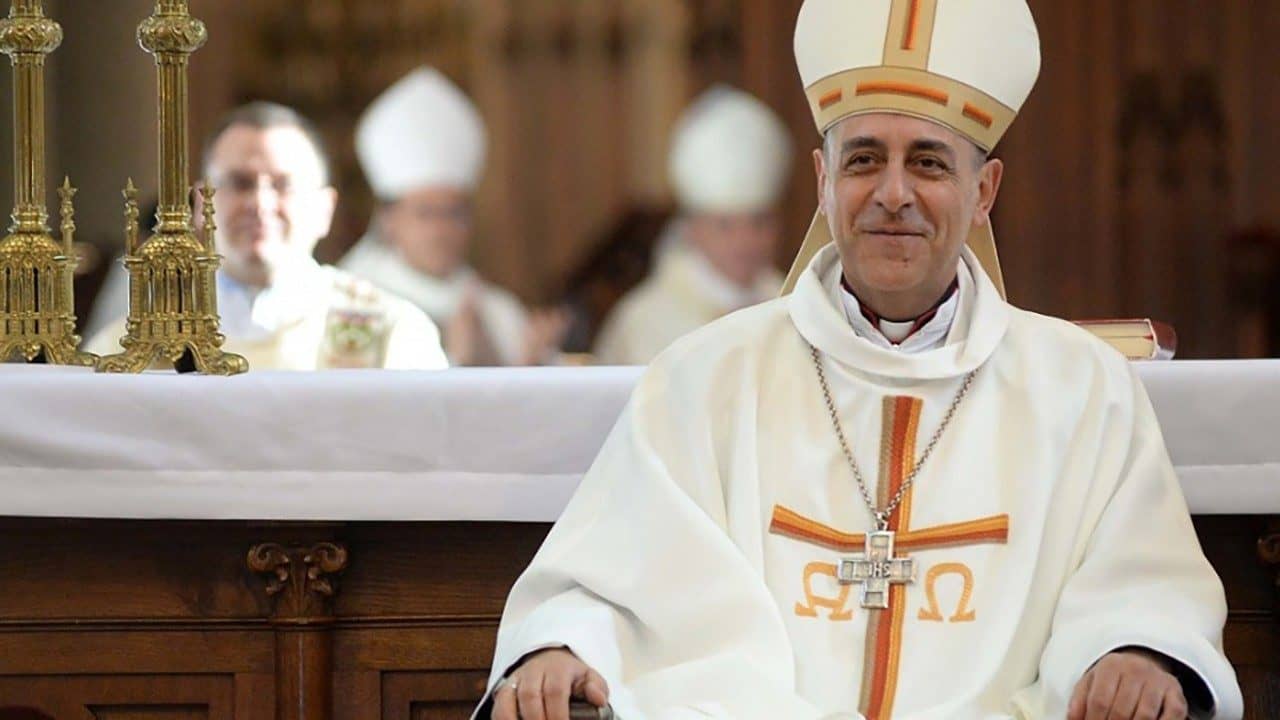ROME – My personal bucket list became one item shorter on Thursday, when legendary Dodgers manager and lifelong Catholic Tommy Lasorda died at the age of 93. He suffered a heart attack at his home in Fullerton, California, and was transported to a nearby hospital where he passed away.
For decades I’ve promised myself that someday I’d interview Lasorda about the intersection between Catholicism and baseball, but, as CCR famously taught us, “someday never comes.” Alas, now I’ll never have the chance – though it is some consolation knowing that Lasorda went to his rest just two months after watching his beloved Dodgers win their first World Series since he was the manager.
My fascination with Lasorda wasn’t just that he was a practicing Catholic who, throughout his career, would arrange for a priest to visit the Dodgers locker room before every Sunday game to say Mass for the Catholics, or who, in his late 80s, could still recall verbatim conversations he’d had with IHM nuns growing up.
I’ve always believed that what Catholicism is to religion, baseball is to sports – in other words, baseball is the sport that best reflects Catholic instincts and imagination. Within that landscape, I’ve also long thought that what St. John Paul II was to Catholicism, Tommy Lasorda was to baseball.
Hear me out.
One of the things I always admired about Lasorda was his near-fanatical devotion to the Dodgers franchise, immortalized in his famous phrase, “Cut my veins, and I bleed Dodger blue.” In an era in which players and managers change teams as often as shirts, it would never have occurred to Lasorda to be anything other than a Dodger.
Lasorda managed the team for twenty years, from 1976 to 1996, winning two World Series along the way in 1981 and 1988, and only stepped down after a heart attack. Later he served as the team’s Vice President, and as Senior Advisor to the Chairman.
Yet as the New York Times noted in its obituary, Lasorda’s relentless cheeriness, his unabashed love of the game and its players, his keen sense of humor and his personal decency made him one of those rare figures in sports who transcend their own game. Even people who had zero interest in baseball knew his name, and the vast majority loved him.
(When I lived in L.A. for a brief spell in the early 1990s, while Lasorda was still managing, I knew people who would go to Dodger games with no clue about what was happening on the field, but simply in hopes of sneaking down to the Dodgers dugout to get an autograph or snap a picture with the legend.)
Something very similar could be said of John Paul II.
He too was fanatically devoted to his franchise, in his case the Catholic Church. By reputation a conservative, he took Catholic teaching and identity seriously and was willing to sanction Catholics who defied it – there’s a fairly long list of theologians, clergy and others from the John Paul years who learned that lesson the hard way.
Yet like Lasorda, John Paul was admired well beyond the boundaries of his own Church. He revolutionized relations with Judaism, he became the first pope to enter a mosque and a Buddhist temple, he enjoyed the company of secular pop stars such as Bob Dylan and Bono, and he made 104 trips around the world to encounter people of all walks of life and all experiences.
John Paul’s charisma, his relentless energy and his effusive spirit of hope made him a universal point of reference, perhaps the most instantly recognizable person on the planet in the last part of the 20th century. The crowds he would draw on those foreign trips are the stuff of legend, and some historians believe it’s possible John Paul II met more people in person over the course of his life than anyone else in history.
In other words, both St. John Paul II and Tommy Lasorda incarnated a defining Catholic instinct, to wit: The specific is not the enemy of the universal. On the contrary, only someone truly passionate about their own identity can appreciate that same passion in others, and really engage them on their own turf.
It was precisely because John Paul was such a loyal son of Poland that he could recognize and affirm genuine patriotism in others, and it was precisely because was such a firm Catholic believer that others with deep religious beliefs could see him as a kindred spirit despite the differences in their creeds.
Similarly, it was because Lasorda loved his team so much, because he was willing to fight and scratch and claw to help it win, that even baseball fans who hate the Dodgers couldn’t help but fall in love with him.
It’s sometimes thought that people too attached to their own tradition, whether it’s athletic or religious, aren’t open enough to be able to dialogue with others; that to be universal, you’ve got to be a little less specific.
John Paul and Lasorda, through their remarkable lives, delivered the only Catholic answer to that claim: Bunk. Specificity and universality aren’t an either/or, they’re a both/and.
For having offered us that reminder, as well as countless memories on and off the field, we’re all indebted to Lasorda. Requiescat in pace.
Follow John Allen on Twitter at @JohnLAllenJr.

















